What is e invoice under GST
As per Rule 48(4) of CGST Rules, notified class of registered persons have to prepare invoice by uploading specified particulars of invoice (in FORM GST INV-01) on Invoice Registration Portal (IRP) and obtain an Invoice Reference Number (IRN).
After following above ‘e-invoicing’ process, the invoice copy containing inter alia, the IRN (with QR Code) issued by the notified supplier to buyer is commonly referred to as ‘e-invoice’ in GST.
Because of the standard e-invoice schema (INV-01), ‘e-invoicing’ facilitates exchange of the invoice document (structured invoice data) between a supplier and a buyer in an integrated electronic format.
Please note that ‘e-invoice’ in ‘e-invoicing’ doesn’t mean generation of invoice by a Government portal.
It is very important to note that E Invoice once made cannot be amended, but you can cancel e invoice within 24 hours of its generation and data of e invoice is transferred to your GSTR-1 also
Who is required to make e invoice
For Registered persons whose aggregate turnover (Taxable Supply + Exempt Supply +Export)(based on PAN) in any preceding financial year from 2017-18 onwards, is more than prescribed limit (Rs. 5 crore or more from 1st August 2023), e-invoicing is mandatory.
Dates of E-invoice Turnover Limit changes:
| Turnover Limit for E invoice (in Crores) | Date from when applicable |
| 500 | 1 October 2020 |
| 100 | 1 January 2021 |
| 50 | 1 April 2021 |
| 20 | 1 April 2022 |
| 10 | 1 October 2022 |
| 5 | 1 August 2023 |
It is important to note that each year starting form 2017-18 to check, and if any of the financial year aggregate turnover exceeds the limit of Rs.5 Crore then e invoice is mandatory from 1 August 2023
Example:
| Financial Year | Turnover (in crores) |
| 2017-18 | 3 |
| 2018-19 | 2 |
| 2019-20 | 7 |
| 2020-21 | 1 |
| 2021-22 | 3 |
| 2022-23 | 4 |
One more question arise: if Turnover limit of 5 crore exceeds in FY 2023-24 only then when to make E-invoice?
In that case e invoice will be applicable from 1 April 2024
Regarding the turnover threshold, the e -invoice notification mentions ‘aggregate turnover in any preceding financial year since 2017-18’. Considering GST was implemented since 1-7-2017, how to reckon ‘aggregate turnover’ for the FY 2017- 18?
‘Aggregate Turnover’ has to be calculated as per the definition under Section 2(6) of CGST Act. Hence, for the Financial Year 2017-18, the ‘aggregate turnover’ has to be reckoned from 1-7-2017 till the end of FY.
What are the advantages of e -invoice for businesses?
e-invoice has many advantages for businesses such as Auto-reporting of invoices into GST return, auto-generation of e-way bill (where required).
e-invoicing will also facilitate standardisation and inter-operability leading to reduction of disputes among transacting parties, improve payment cycles, reduction of processing costs and thereby greatly improving overall business efficiency.
What documents are presently covered under e -invoicing?
- Invoices
- Credit Notes
- Debit Notes,
when issued by notified class of taxpayers (to registered persons (B2B) or for the purpose of Exports) are currently covered under e-invoice.
Though different documents are covered, for ease of reference and understanding, the system is referred as ‘e-invoicing’.
What supplies are presently covered under e -invoice?
- Supplies to registered persons (B2B),
- Supplies to SEZs (with/without payment),
- Exports (with/without payment),
- Deemed Exports, by notified class of taxpayers are currently covered under e-invoice.
- Supply to B2G
- Recently Government Clarified that E-invoice is mandatory if supply is made to Government Departments or establishments/ Government agencies/ local authorities/ PSUs, registered solely for the purpose of deduction of tax at source as per provisions of section 51 of the CGST Act, are to be treated as registered persons under the GST law as per provisions of clause (94) of section 2 of CGST Act, and it is mandatory to make e invoice in this case also. Refer Circular no.198/10/2023 : https://taxupdates.cagurujiclasses.com/issues-related-to-e-invoice-circular-198-10-2023-17-07-2023/
B2C (Business to Consumer) supplies can also be reported by notified persons?
No. Reporting B2C invoices by notified persons is not applicable/allowed currently.
Is e-invoicing applicable for NIL-rated or wholly-exempt supplies?
No. In those cases, a bill of supply is issued and not a tax invoice.
Whether the financial/commercial credit notes also need to be reported to IRP?
No, only the credit and debit notes issued under Section 34 of CGST/SGST Act have to be reported
Whether e-invoicing is applicable for supplies by notified persons to Government Departments?
e-invoicing by notified persons is mandated for supply of goods or services or both to a registered person.
Thus, where the Government Department doesn’t have any registration under GST (i.e. not a ‘registered person’), e-invoicing doesn’t arise.
However, where the Govt. department is having a GSTIN (as entity supplying goods/services/ deducting TDS), the same has to be mentioned as recipient GSTIN in the e-invoice.
Recently Government Clarified that E-invoice is mandatory if supply is made to Government Departments or establishments/ Government agencies/ local authorities/ PSUs, registered solely for the purpose of deduction of tax at source as per provisions of section 51 of the CGST Act, are to be treated as registered persons under the GST law as per provisions of clause (94) of section 2 of CGST Act, and it is mandatory to make e invoice in this case also. Refer Circular no.198/10/2023 : https://taxupdates.cagurujiclasses.com/issues-related-to-e-invoice-circular-198-10-2023-17-07-2023/
Whether e-invoicing is applicable for invoices between two different GSTINs under same PAN?
Yes. e-invoicing by notified persons is mandated for supply of goods or services or both to a registered person.
As per Section 25(4) of CGST/SGST Act, “A person who has obtained or is required to obtain more than one registration, whether in one State or Union territory or more than one State or Union territory shall, in respect of each such registration, be treated as distinct persons for the purposes of this Act.”
For high sea sales and bonded warehouse sales, whether e-invoicing is applicable?
No. These activities/transactions are neither supply of goods nor a supply of services, as per Schedule III of CGST/SGST Act.
What is the applicability of e-invoice for import transactions?
e-invoice is not applicable for import Bills of Entry.
For which entities/sectors, e-invoicing is not applicable / exempt?
- Special Economic Zone Units
- Insurers
- Banking companies or financial institutions, including a non-banking financial company (NBFC)
- Goods Transport Agency (GTA) supplying services in relation to transportation of goods by road in a goods carriage
- Suppliers of passenger transportation service
- Suppliers of services by way of admission to exhibition of cinematograph films in multiplex screens
- Persons registered in terms of Rule 14 of CGST Rules (OIDAR)
Do SEZ Developers need to issue e-invoices?
Yes, if they have the specified turnover and fulfilling other conditions of the notification.
In terms of Notification (Central Tax) 61/2020 dt. 30-7-2020, only SEZ Units are exempted from issuing e-invoices.
Our entity’s aggregate turnover had crossed the prescribed threshold during current financial year (e.g. during 2023-24). From what date, I’m supposed to start e-invoicing?
If your turnover exceeds the prescribed limit in the current financial year, then starting einvoicing would be required w.e.f. beginning of next financial year.
In the example given, as you had crossed the threshold during 2023-24, e-invoicing will be applicable w.e.f. 1st April 2024.
Whether e-invoicing is applicable for supplies involving Reverse Charge?
If the invoice issued by notified person is in respect of supplies made by him but attracting reverse charge under Section 9(3), e-invoicing is applicable.
For example, a taxpayer (say Goods Transport Agency or a Firm of Advocates having aggregate turnover in a FY is more than Rs. 500 Cr.) is supplying services to a company (who will be discharging tax liability as recipient under RCM), such invoices have to be reported by the notified person to IRP.
On the other hand, where supplies are received by notified person from (i) an unregistered person (attracting reverse charge under Section 9(4)) or (ii) through import of services, e-invoicing doesn’t arise / not applicable.
I am a buyer. For some of my suppliers, the status on IRP is shown as ‘enabled for e-invoice’. But, my supplier says that they are exempt from e -invoicing or that einvoicing is not applicable for them (for some reason). What about this?
As already clarified in other FAQ, the enablement status on e-invoice portal doesn’t mean that a taxpayer is legally obligated to do e-invoicing.
The ‘enablement’ was to primarily ensure only the taxpayers having notified turnover limits (and not any taxpayer at their option) are able to register and test/report invoices on trial portal / IRP.
The listing of enabled GSTINs was solely based on the turnover criteria of GSTR-3B, as reported to GST System. So, it may contain those entities, depending on facts of a case, to whom e-invoicing might not be applicable for some reason. Thus, it is for the concerned taxpayer (both Buyers and Suppliers) to confirm fulfilment or otherwise of conditions as per notification/rules.
Some More Important FAQ’s
Whether e-Invoice is required for Export of Services?
Yes, if you are eligible for e-Invoicing, all the invoices of B2B and Exports need to be registered.
Is there any time limit for delivery of goods or generation of e-waybill in e-Invoice?
No, there is no time limit for delivery of goods or generation of e-waybill for the e-Invoice.
Do you need to upload RCM Invoices also?
Yes, if you are eligible for e-Invoicing, all the invoices including RCM invoices issued by the Supplier need to be registered.
When billing address is in one state and shipping address is in another state, which GST will apply - IGST or CGST/SGST?
Type of GST (whether IGST or CGSTS/SGST) is determined by POS (Place of Supply). If the Supplier state is same as POS, then it is CGSTS/SGST else IGST for B2B transactions.
How to generate E-invoice for Services?
The e-Invoice for services may be generated like any other invoice, by mentioning related SAC code and the total price in unit rate and the quantity may be mentioned as one.
In how many days can we generate e-Invoice after preparing manual invoice and e-Waybill?
Ideally, the e-invoice must be generated after preparing the manual invoice and before issuing it to the customer. The system presently allows to register invoices for the previous periods also.
How to include freight charges in E invoice?
Freight charges may be entered as line items in case there is a GST component or else they may be entered under ‘Other charges’.
Whether E-Waybill is mandatory for service invoices?
No, it is not required. e-Waybill is required only if at least one of the items in the invoice has Goods and the value of invoice exceeds Rs 50 thousand.
Whether Shipping bill number and date can be entered in e-Invoice?
Yes, they can be entered. Please refer the schema of the invoice at https://einv-apisandbox.nic.in/version1.03/generate-irn.html#JSONSchema for more details.
Is there any time limit to prepare a credit note against E-invoice?
No, there is no time limit to prepare the credit notes or debit notes against the e-Invoice.
Whether shipping bill number is mandatory while preparing E- Invoice?
No, shipping bill number or date is not mandatory for preparing e-invoice.
I have crossed the notified Turnover in the current year, do I need to upload my invoices?
No, e-Invoice is applicable only if the notified turnover is crossed in the previous years.
Can the regular invoice be maintained along with portal generated invoice? Instead of sending the portal generated invoice can we send the regular format to customer.
Invoice sent to the customer must contain the IRN number and the QR Code. Along with this you may send the regular invoice also.
How do I upload invoices, in case I do not have ERP system?
The e-invoice portal https://gepp.einvoice1.gst.gov.in helps the suppliers in registering the invoices without the necessity for ERP system. This is a browser based and user friendly portal by which the e-invoices can be generated. The application may also be downloaded on to the mobile.
Is e-Invoicing applicable if my customers are of SEZ type?
Yes, its applicable. If the customer is of type SEZ, then e-Invoice may be generated using transaction type as SEZWP / SEZWOP by the Supplier.
In how many days can we generate e-Invoice after making the invoice and e-waybill?
Ideally, e-invoice must be generated after making the manual invoice and before issuing the invoice to the customer. Presently, system allows for the invoices to be registered for previous period also.
If we miss to upload the invoices, then what is the solution?
Presently, system allows for the invoices to be registered for previous period. So, if you have missed uploading, then you may still generate e-Invoice for the previous period invoices.
Do we need to upload the Digital signature on E- Invoice portal?
No, supplier cannot upload the digitally signed invoice to the portal. The e-invoice system will digitally sign the e-invoice details uploaded to the portal and return the signed invoice and QR code to the Supplier.
Where can I find tutorial videos on E-Invoice System?
You may visit https://einvoice1.gst.gov.in/Others/CBT and https://gepp.einvoice1.gst.gov.in/downloads/Welcometogepp.mp4 to understand the e-Invoice system and GePP-On system.
Where do I print the QR Code, IRN and Acknowledgement number on the e-Invoice?
There is no specific place for printing the QR Code, IRN and Acknowledgement number on the invoice. However, they should be visible and in case of QR code, it should be possible to scan it.
How should I generate e-Waybill for carrying goods through train?
e-waybills may be generated for all the modes of travel such as Road, Train, Air and Ship. In case of train, you may enter the railway receipt number and date instead of vehicle number.
I’m unable to enter slash '/' in the document number, what should I do?
Document number in e-Invoice should not be starting with 0, / and -. You should pass the document number without such characters.
Whether manual invoice with USD/EURO Currency and E-Invoice with INR be used? (Or)
Can we upload export invoice details with foreign currency?
All invoices to be registered on the portal should contain the values in INR, however there are some optional fields in the schema in which the foreign currency may be included.
Please refer the schema at https://einv-apisandbox.nic.in/version1.03/generate-irn.html#JSONSchema
Consequences for non issuance of E-Invoice:
If any Taxpayer is liable to make E-Invoice, but not issued E-invoice it will not be considered a valid tax invoice.
Penalty (If E-invoice not issued): A penalty of 100% of the tax due or Rs.10000 whichever is higher will be imposed for non compliance.
Penalty (Incorrect Invoice): a penalty of Rs.25000 will be imposed.
If Goods transported without a valid invoice: Department may detain the goods and the vehicle and penalty may be imposed
Join our Practical GST Course:
with lifetime validity: https://cagurujiclasses.com/courses/gst-course-2022/
With limited validity: https://studywudy.com/courses/gst/


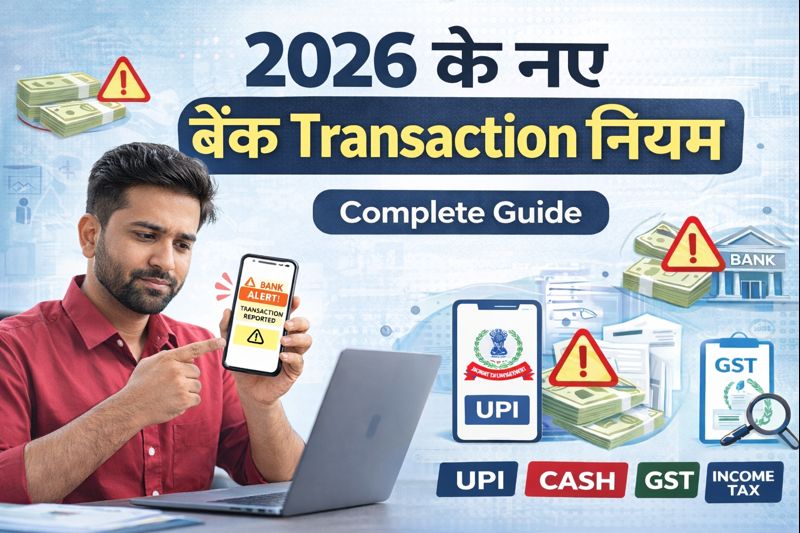
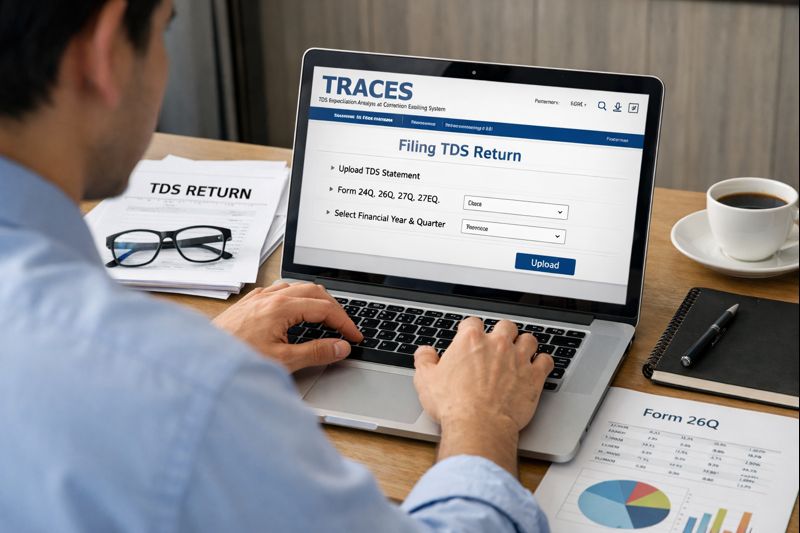
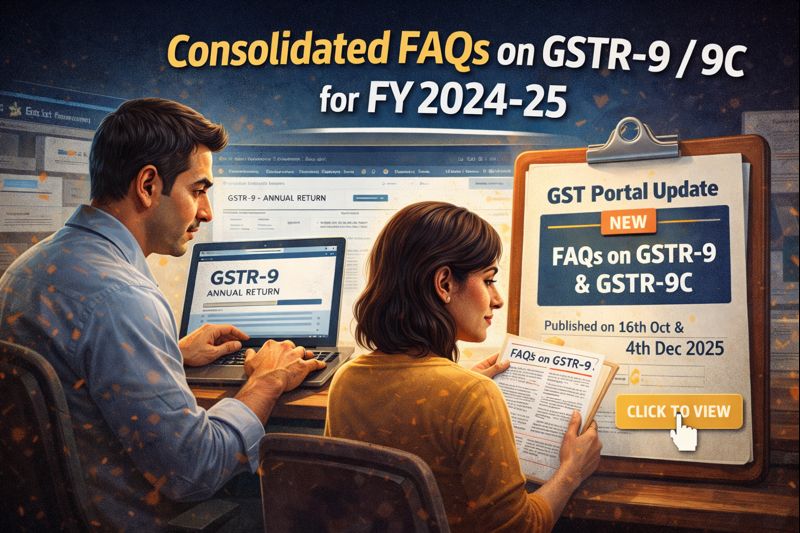
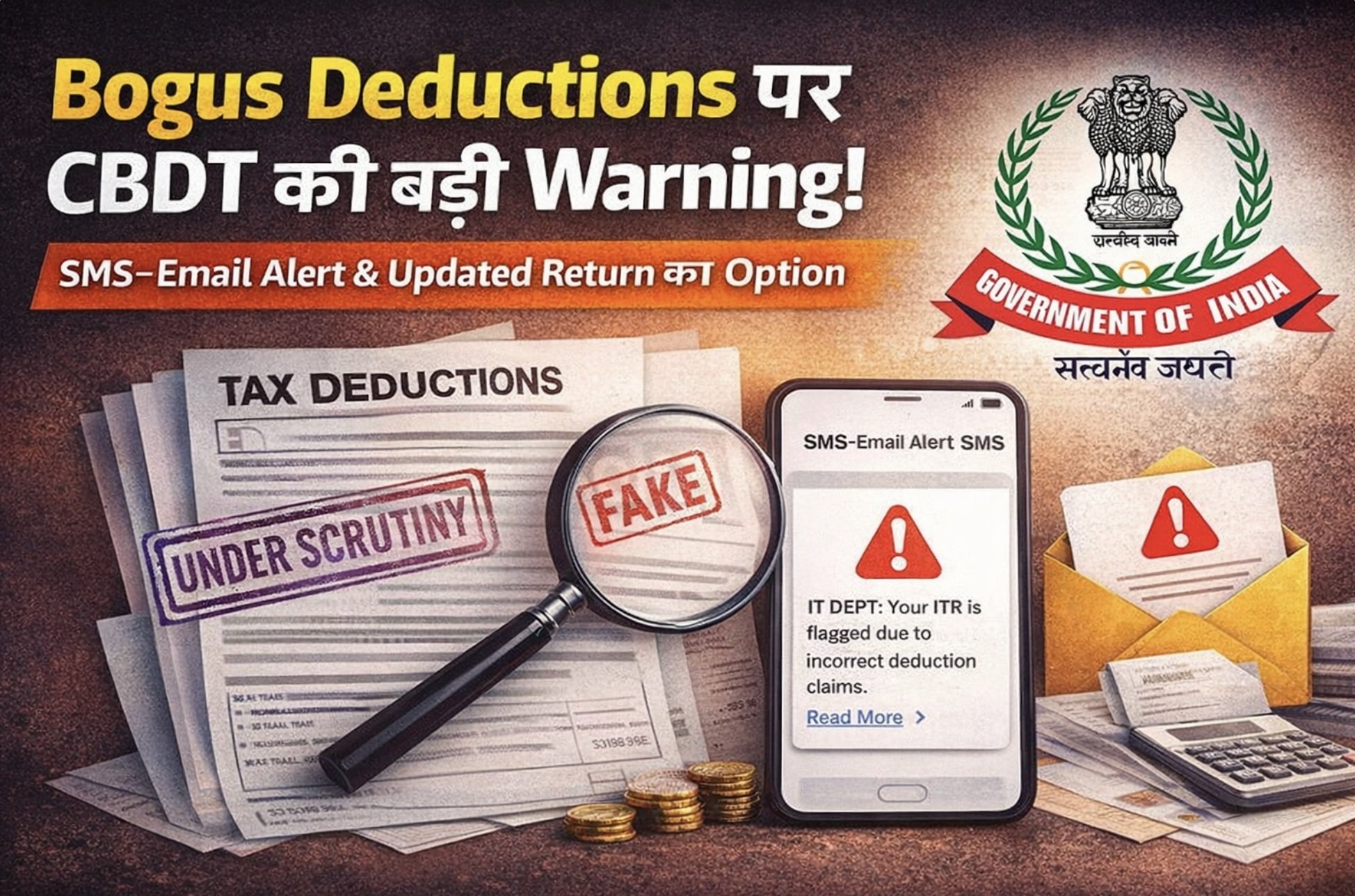
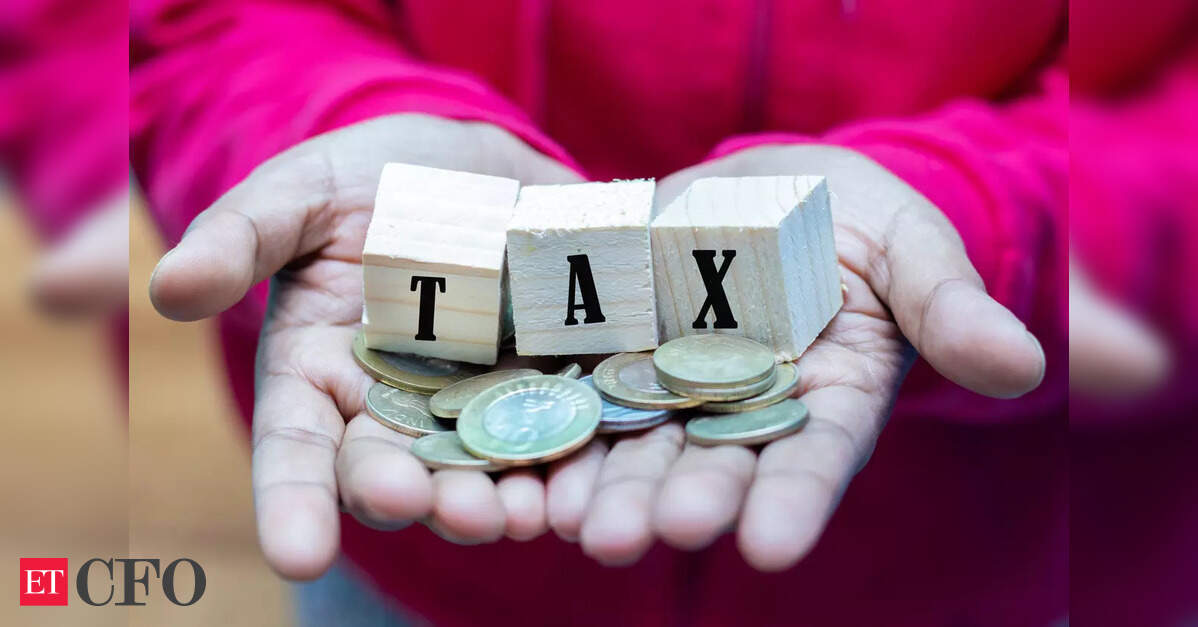

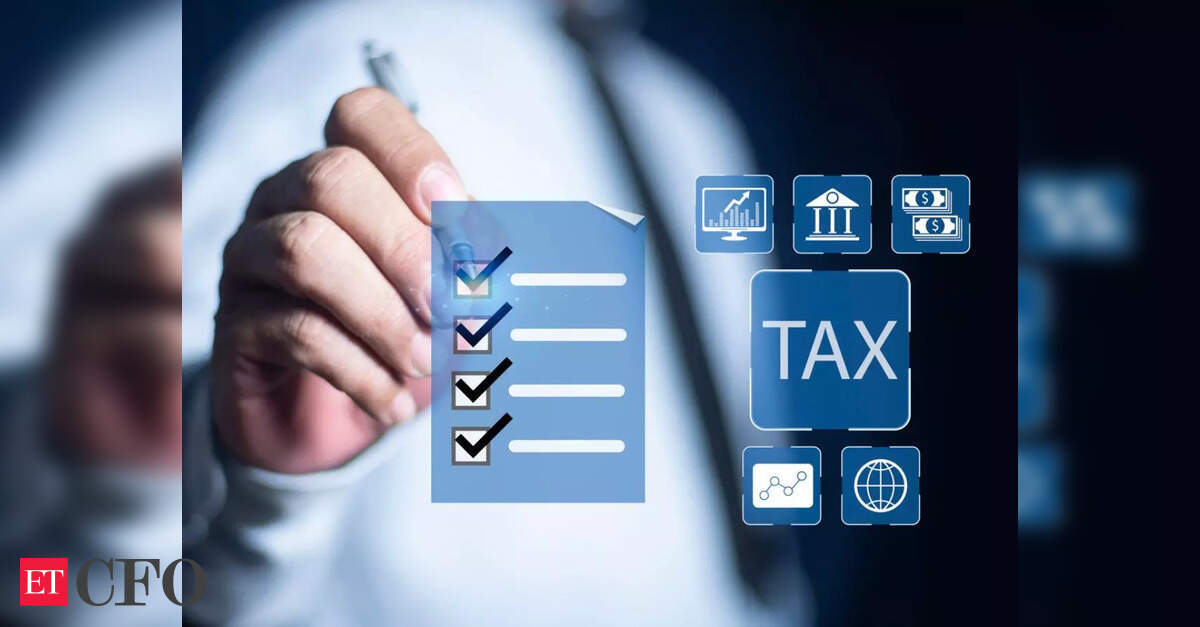
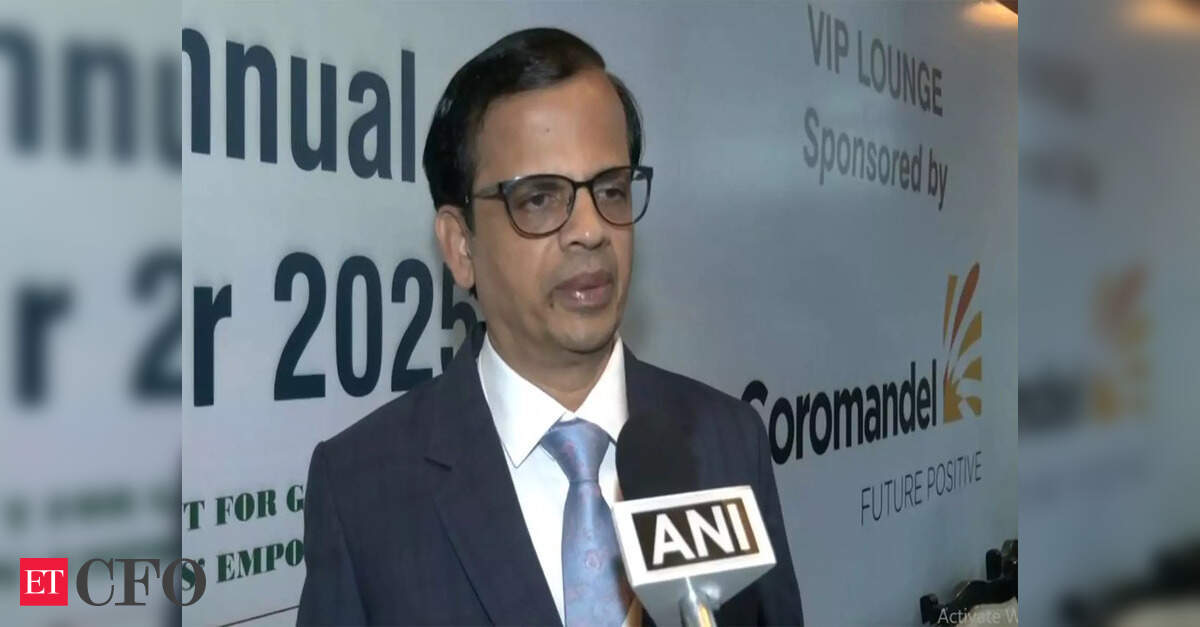


For your faster update very helpful to us
Thank you